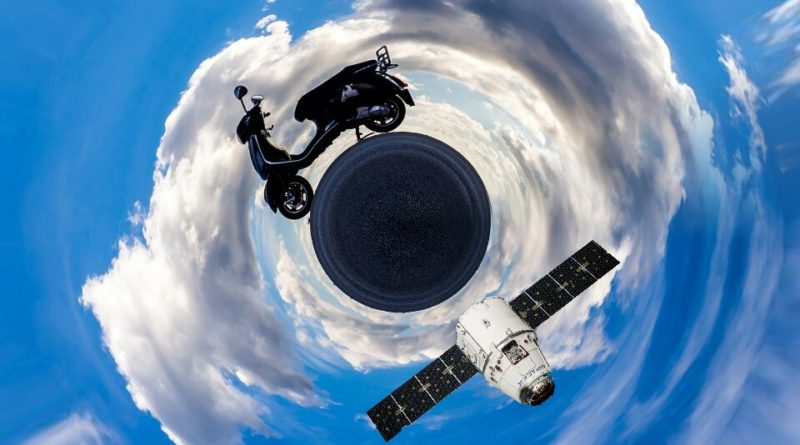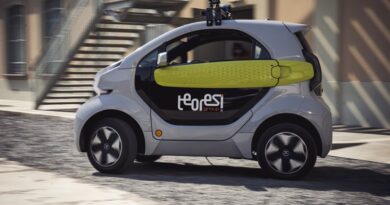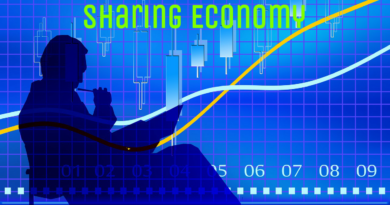Technology and Sharing Economy. The case of Motit
Cooperation between the company scooter sharing Motit and the European satellite system Galileo creates technology MOTIT G – Galileo Enhanced Motit. Let’s see what it is.
The rental and sharing economy seems to have technology innovation in their DNA.
The main target is always the same, improving ‘user experience’.
Motit is a scooter rental company founded in 2013 in Barcelona. Unlike many other providers, the company offers a fleet of fully electric vehicles. Each scooter comes with two helmets and can be accessed anywhere. The customer uses a smartphone on-line application to locate the nearest available scooter , pays the rental costs, takes the vehicle, uses it, then leaves it at his final destination from where it is once more available for the next user.
The main features of the services are:
- the scooter is all-electric
- two helmets come with each scooter
- no fixed-depot scooter-parking
- a smartphone application accesses the service
… innovative service …
The idea is brilliant. Unlike other similar mobile services, Motit doesn’t need any special fixed scooter-park depots, and this is a major user-friendly factor in terms of operating costs.
For the user, the convenience is assured because there are no specific distribution depots or delivery-points. He/she can simply take the shortest route to the nearest available scooter. The user-experience has been phenomenal.
The absence of any specific parking-depot in terms of cost, investment and depot-maintenance is obvious.
The application’s mobile-device presence provides greater ease-of-use of service by allowing the user to book and locate the vehicle in real time.
The provision of helmets means that the user is not constrained in any way, or by any route, from using the vehicle when he/she wants.
mapping
The possibility of being able to pick-up and leave the vehicle anywhere needs an efficient mapping service. Up until now this aspect has been overcome by user-GPS, but this techonology has given some mapping-quality problems, and in a city like Barcelona, for example, it has been difficult to locate a vehicle parked in one of the old- city alleys.
This has risked compromising user-experience.
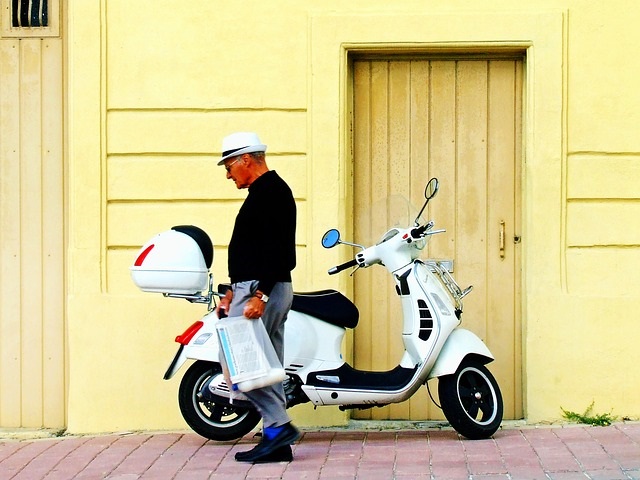
The project G MOTIT – Galileo Enhanced Motit
As a result, a pilot project (G MOTIT Galileo Enhanced Motit) was initiated involving Motit and the European commission through GNSS to develop an integrated Galileo receiver for their scooters. The European commission chose Motit because of its innovative service features, and the real need to improve vehicle-location for their scooters.
The Galileo satellite detection system has been in service since 15/12/2016, and in conjunction with free GPS, it provides the mass market with positioning, navigation and time measurement. It can be implemented using Galileo chipsets compatible with smartphones and car navigation systems. Moreover, thanks to this technology, it has been possible to improve search-and-rescue operations by reducing the 10 minute-detection time. Better synchronization of banking and financial transactions, telecommunications networks and energy distribution networks have also been enabled. Galileo provides more secure services for public authorities.
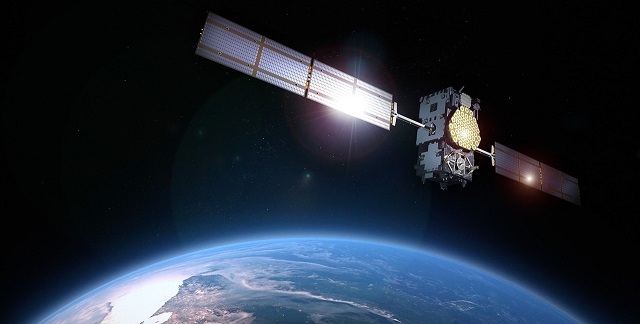
The (G MOTIT Galileo Enhanced Motit) system was in the testing phase in Paris from December 2016 to March 2017 and it is premature to give definitive results. However, it is sure that any success of the operation would spread the Galileo system to other rental and sharing operators.
The need to have complete, reliable and precise mapping for a rental fleet is one of the most important aspects for operators in this sector.
…improving the user experience…
What the Motot Initiative has taught, however, is that the user-experience is the main pivot around which the entire business of the renting or sharing economy revolves. The better, the experience is, the better is the confidence of users and operators.
A customer doesn’t need to feel stressed when he uses a service. He simply wants to move from A to B, and all he needs to decide is ‘how’.
If the service starts to have such problems as the failure to locate the vehicle, the need to bring a helmet or pay extra costs, then the service becomes a source of stress and he simply ignores it and looks elsewhere.
Conversely, if the service works well, the customer feels confident and happy about discovering a way to save money and be able to move nimbly.
The effect on the operators is similar; to hire out a vehicle implies trusting the user, faith in the positive result of the overall operation and believing that the vehicle will be neither lost nor stolen.
Technology and technological innovation are meeting these demands. Simplicity-of-use is a by-product of technological progress.
Using smartphones for buying or booking a service simplifies access. Satellite locators decrease the risks and costs for operators, while also providing the customer with an efficient service.
Every day we see technology innovation that are changing or modifying our daily habits. Moore’s Law 1965:
‘The power of the computer is expected to double every 18 months at the same time decreasing the cost, at least until it is impossible to reduce the size of the transistors that make up the microchip’
Moore’s Law isn’t a scientific or natural law , but was an observation postulated 52 years ago by Gordon Moore, the 87 year old co-founder (with Robert Noyce ) of Intel. We cite Moore to emphasize the rapidity of technological development.
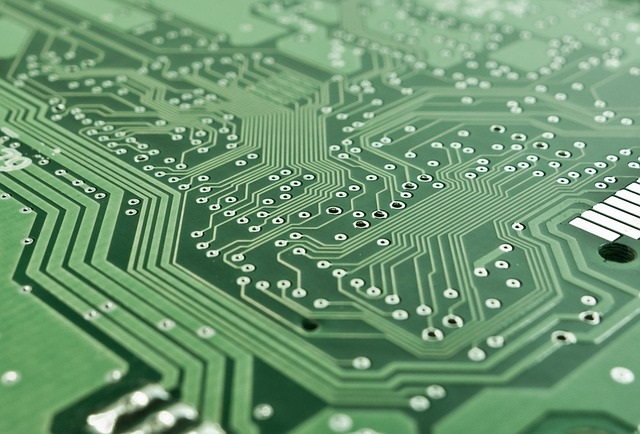
Compared to 50 years ago, not only has the speed of computers grown exponentially, but the number of university graduates and the availability of trained human capital employed in high- technology-content sectors has increased enormously. It is no coincidence then that in this last twenty years we have seen many technological revolutions.
These revolutions require individuals who are able to manage and make them simple and universally adaptable. We believe this is the challenge for future companies.
Most individuals are not capable of recognizing or understanding many of the proliferating technological innovations. Therefore, companies that succeed in transforming technological gains into real needs will have the biggest chance of success in business.
Returning to the concept of user experience, the greater are the simplicity, comfort and convenience of an innovation, the more the innovation will be implemented by the user, and the more it will increase his interest in repeating the experience.
The challenge facing companies operating in the rental and the sharing economy is precisely this; not just the adoption of technological innovations as business tools, but acquiring, making available and selling easily accessible knowledge and progress.
Original version:
http://www.rentorshare.net/tecnologia-sharing-economy-caso-motit/

